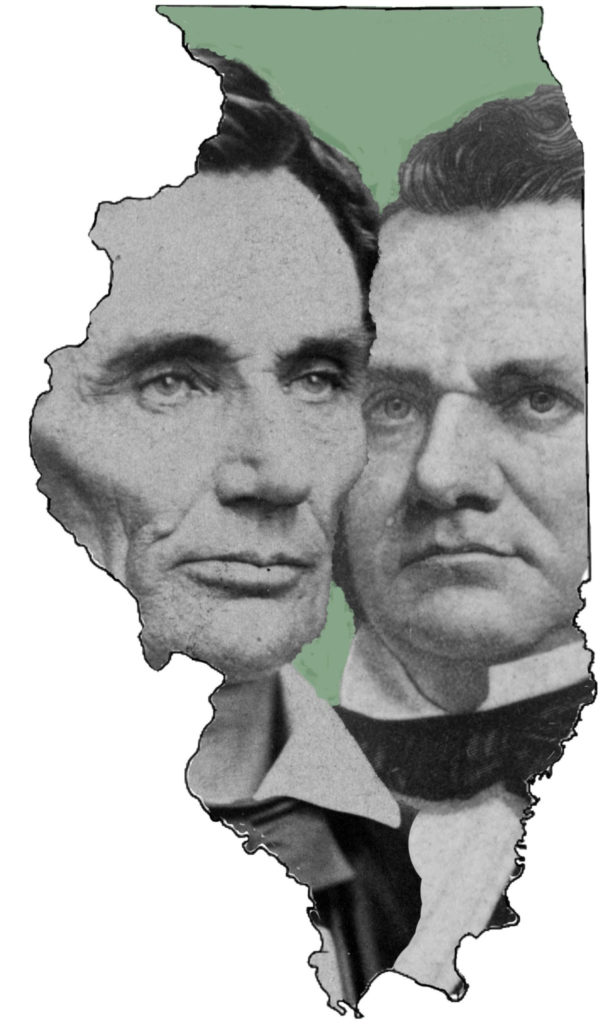
The Debate over the Debates: Debating Those Debates: The Historians Weigh In
by Douglas L. WilsonEdna GreeneFrank J. WilliamsHarold HolzerModerated by Harold Holzer A public sensation in the seven Illinois towns that hosted them—reprinted in the press at the time, in book form shortly thereafter, and in many editions since—the 1858 Lincoln-Douglas debates are remembered today, 160 years after they took place, as a political and cultural phenomenon. But as much as they attracted […]
Read More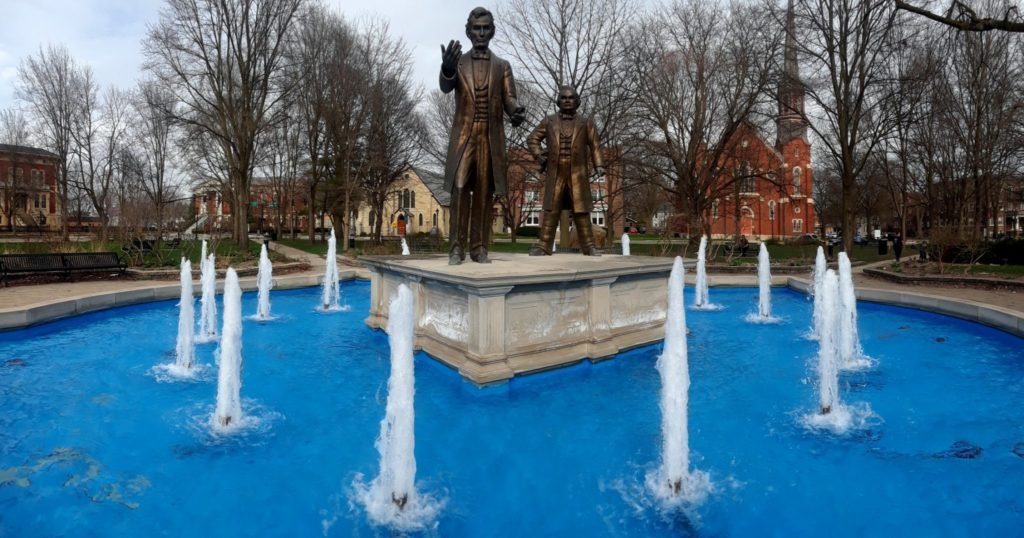
What I Did Last Summer: Ed Breen, Vice President of the Friends of the Lincoln Collection, Visits the Lincoln-Douglas Debate Sites
by Ed BreenBy Ed Breen Charleston Joe Judd sat behind the counter of his used book store at 303 Lincoln Avenue on the west side of Charleston, Illinois, and talked about what it meant to him and others in town that their town was among the seven communities across the Illinois landscape where the future of the […]
Read More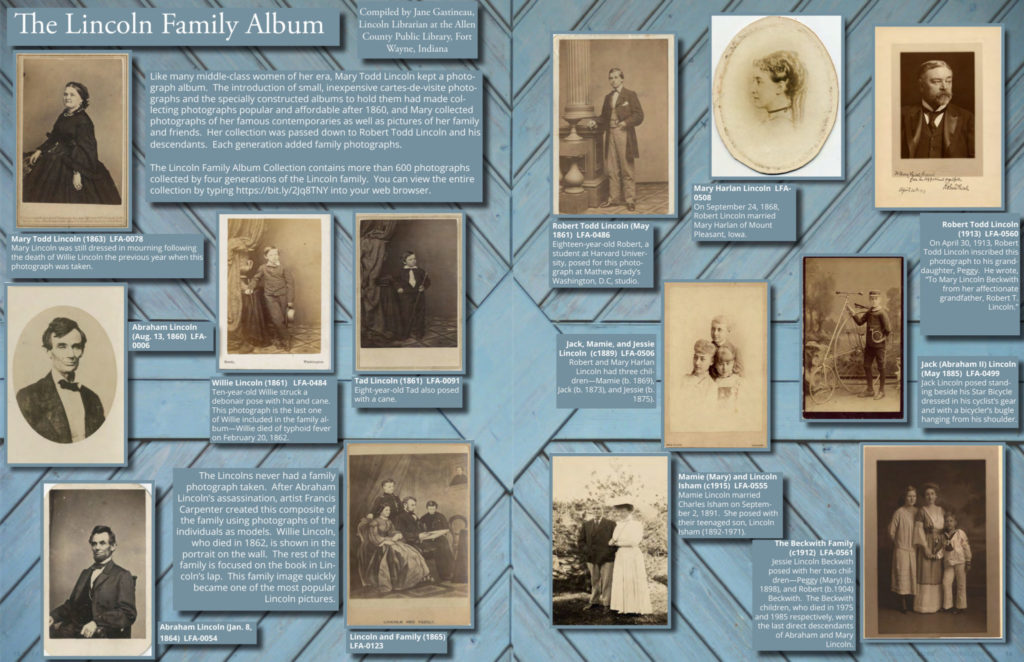
From The Collection: Lincoln Family Album
by Jane GastineauTo see a higher quality image of the article above, click on the photo and a larger file will open in a new window.
Read More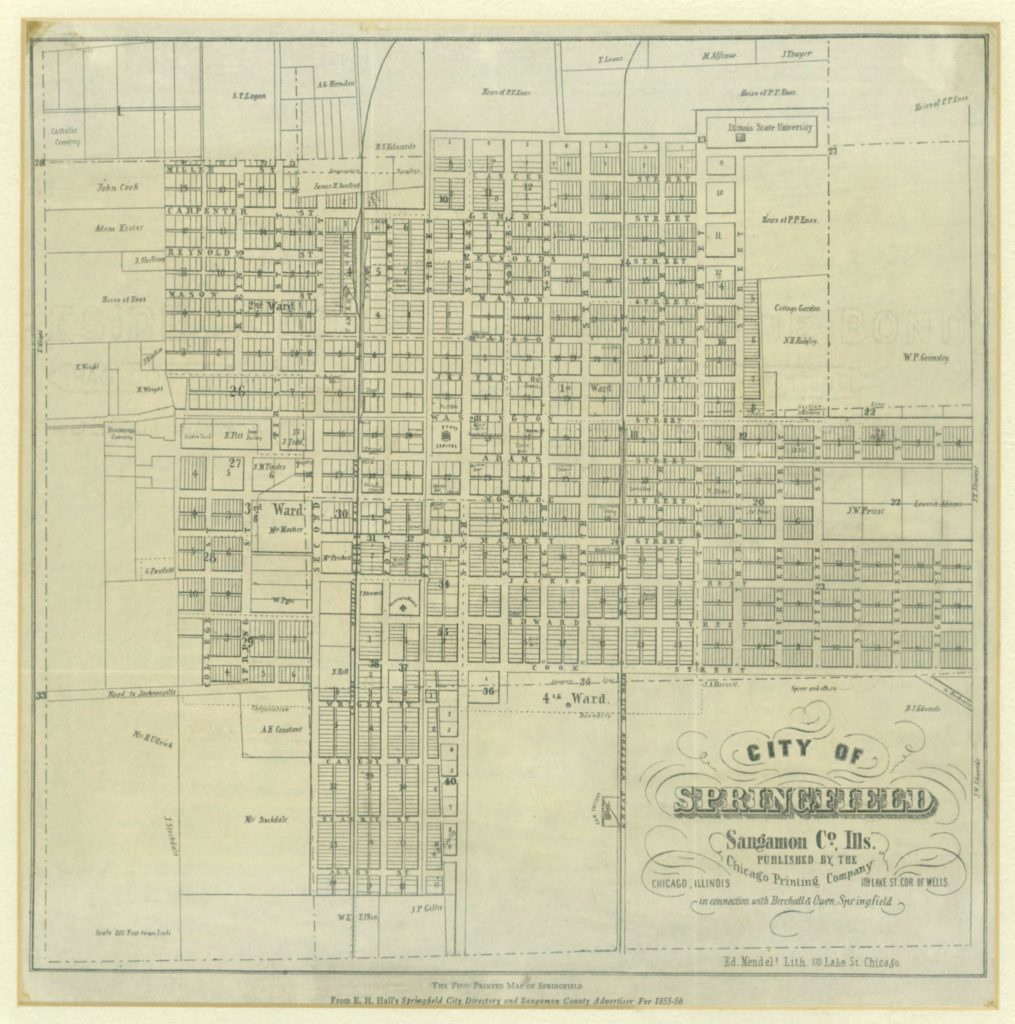
Entertainment in Lincoln’s Springfield (1834-1860)
by Richard E. HartBy Richard E. Hart This essay is a summary of the book Entertainment in Lincoln’s Springfield (1834-1860) by Richard E. Hart and published by the Abraham Lincoln Association in November of 2017. The public entertainments within a community are a good barometer of how its residents use their free time and what type of entertainments […]
Read More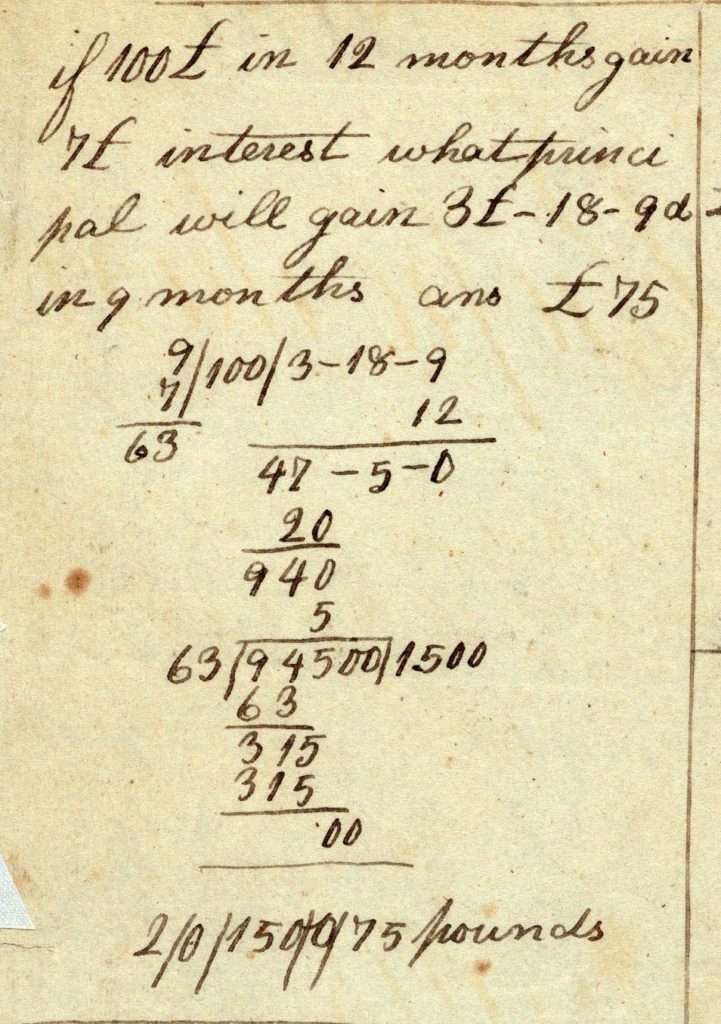
Abraham Lincoln’s Cyphering Book
by Nerida Ellerston and M.A. Clementsby Nerida F. Ellerton and M.A. (Ken) Clements The oldest extant handwritten manuscript of Abraham Lincoln is his cyphering book, which comprised written solutions to arithmetic problems that he solved when he was at school. The most detailed description and analysis of the manuscript is to be found in chapter 6 of our book, Abraham […]
Read More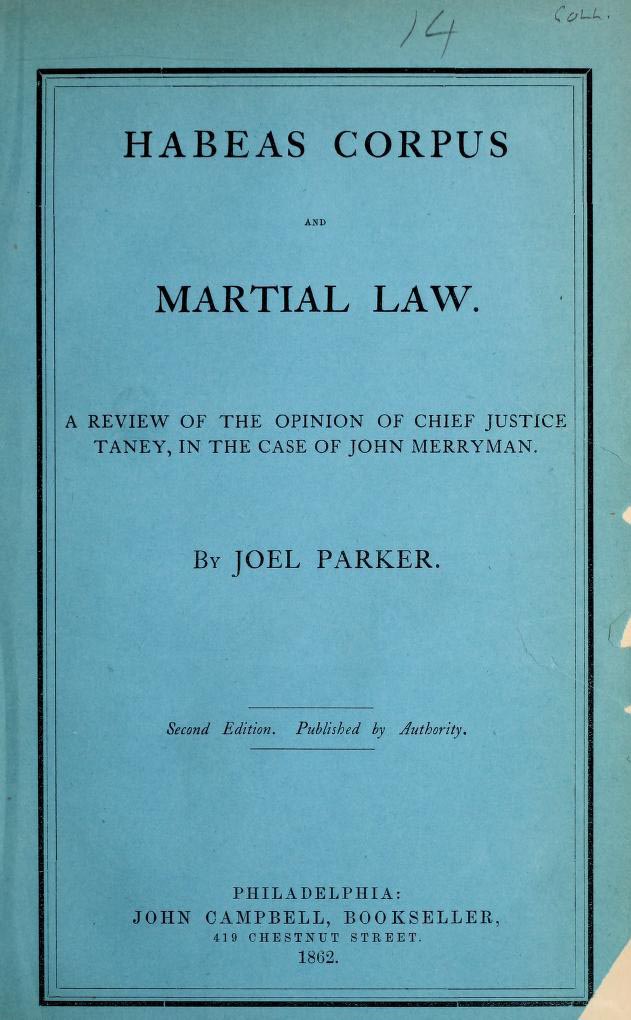
Abraham Lincoln on Civil Liberties
by Frank J. WilliamsBy Hon. Frank J. Williams Imagine, if you will, that the United States suffers an unexpected attack. The president deploys the armed forces and assumes extraordinary powers that go well beyond what the Constitution seems to allow. Thousands of persons suspected of aiding the enemy are arrested and held without charge, or tried before military […]
Read More
The Debate Over the Debates: How Lincoln and Douglas Wages a Campaign For History
by Harold HolzerBy Harold Holzer As most readers of 19th-century history know, the 1858 Lincoln-Douglas debates sparked an explosion of public interest in Abraham Lincoln, Stephen A. Douglas, and the sport of political debating itself. The encounters not only riveted the tens of thousands of eyewitnesses who packed Illinois town squares and fairgrounds to hear them, but […]
Read More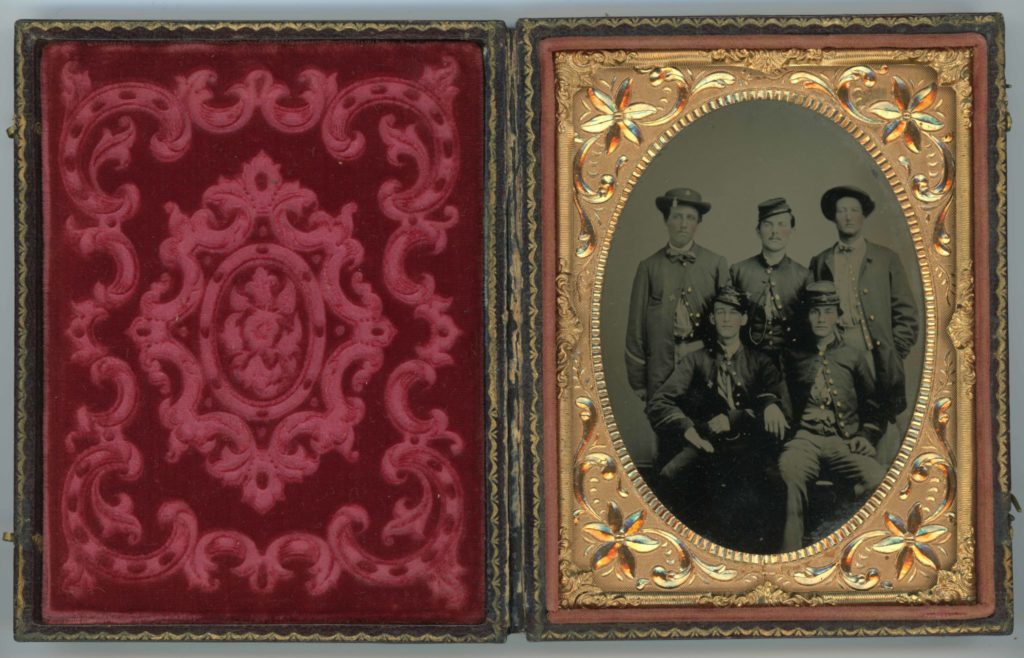
An Interview with Hon. Frank J. Williams on the Concept of Just War
by Frank J. WilliamsUnidentified Indiana Soldiers, LN-2353 Sara Gabbard: How far back in history can you trace the concept of Just War? Frank Williams: In the first millennium, Christians in the Roman Empire, who originally rejected any form of warfare in accordance with their beliefs, ultimately adopted a “Just War” rationale to the use of force against nations […]
Read More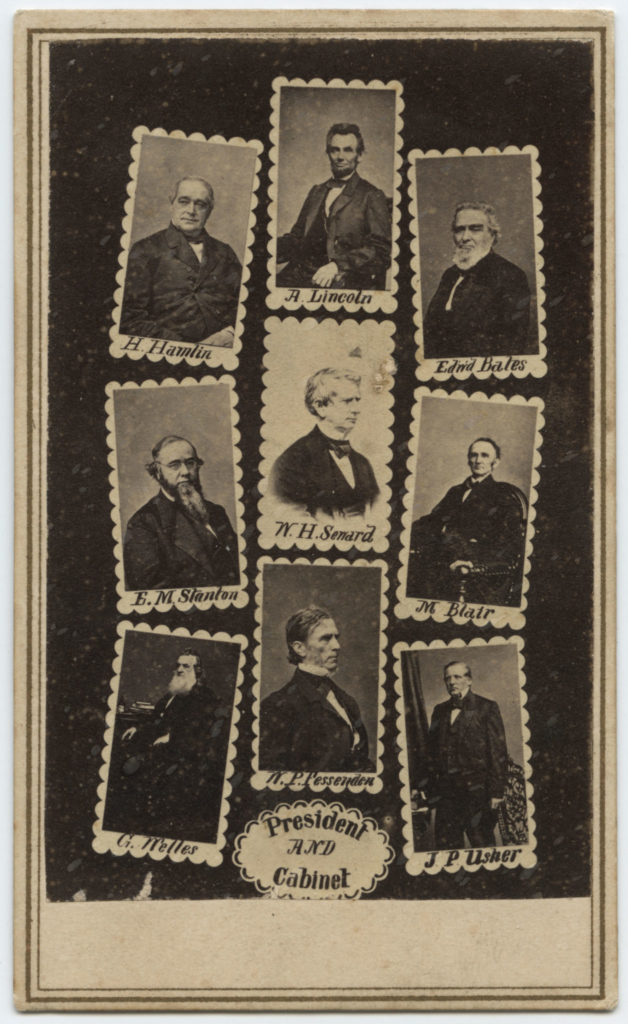
Lincoln’s Strangest Document: The “Blind Memorandum” of August 23, 1864
by Allen C. GuelzoLincoln and his cabinet, LN-2651 Abraham Lincoln’s mature style as a writer and speaker was always terse, with little wastage of words. He loathed blow-hards, and remarked to a legal protégé in Illinois that one Chicago merchant who had turned politician “can compress the most words in the fewest ideas of any man I ever […]
Read More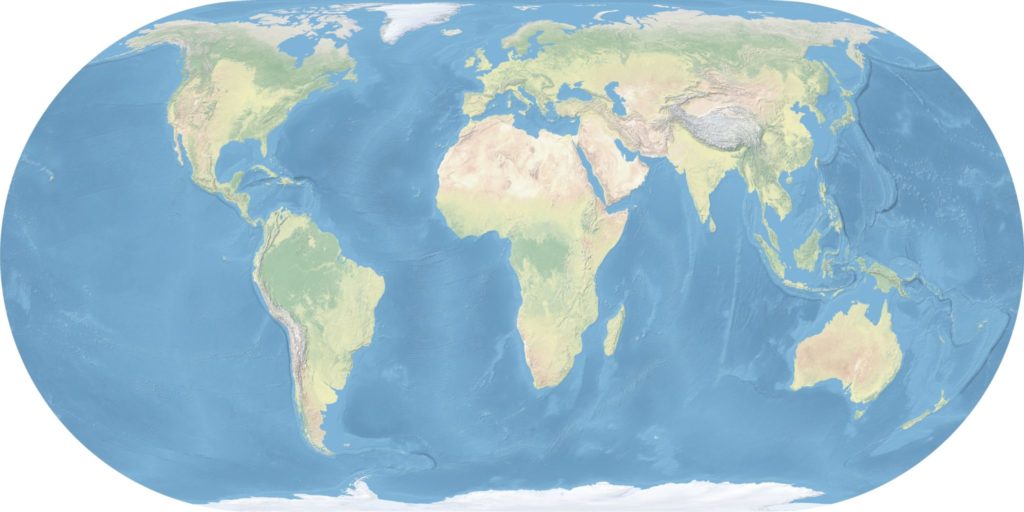
The Long Twisting Road: Abraham Lincoln’s Evolving World with the Foreign Born
by Jason H. SilvermanLN-0235 Immigration? Abraham Lincoln? Absolutely. Lincoln lived in an era when immigration was as much a controversial matter as it is today. Between 1840 and 1860 four and a half million newcomers arrived, most of them from Ireland, the German states, and Scandinavian countries. Many more crossed back and forth across the border with Mexico, […]
Read More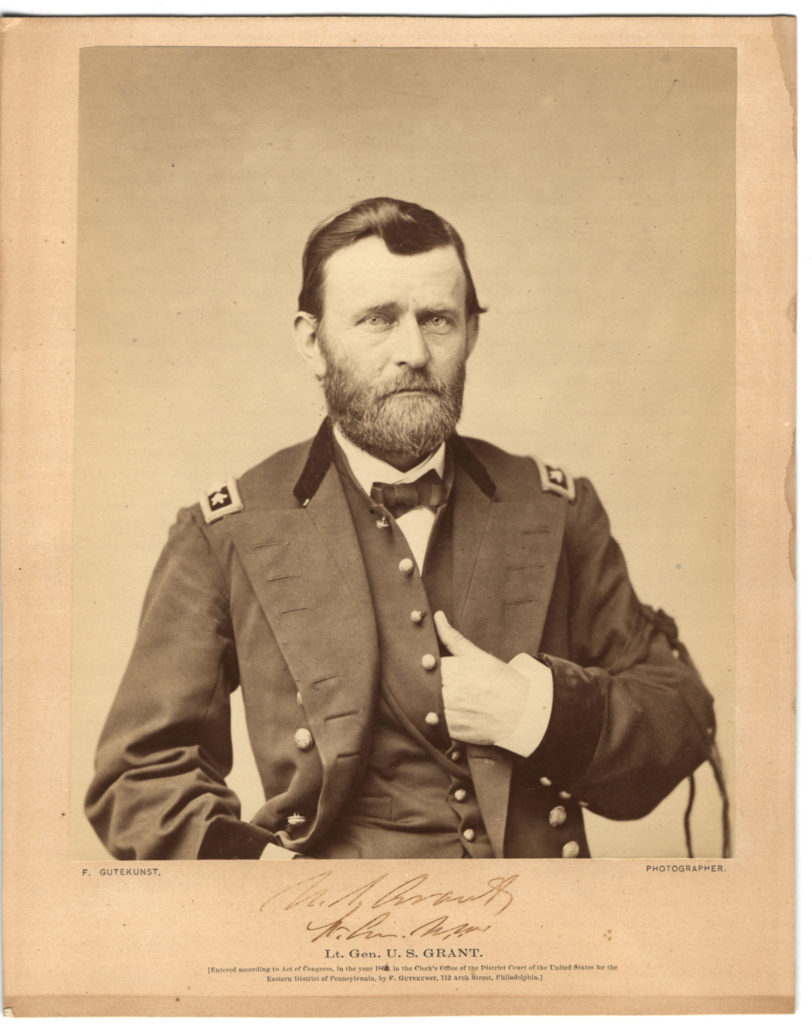
An interview with Ronald C. White, Author of American Ulysses: A Life of Ulysses S. Grant
by Ronald C. WhiteU.S. Grant, OC-1406 Sara Gabbard: Did you find your extensive background in the study of Abraham Lincoln a help in your research on Grant, or was it a distraction? Ron White: At one level, writing three books on Lincoln helped. I came to believe Lincoln and Grant formed a mutual admiration society. At another level, […]
Read More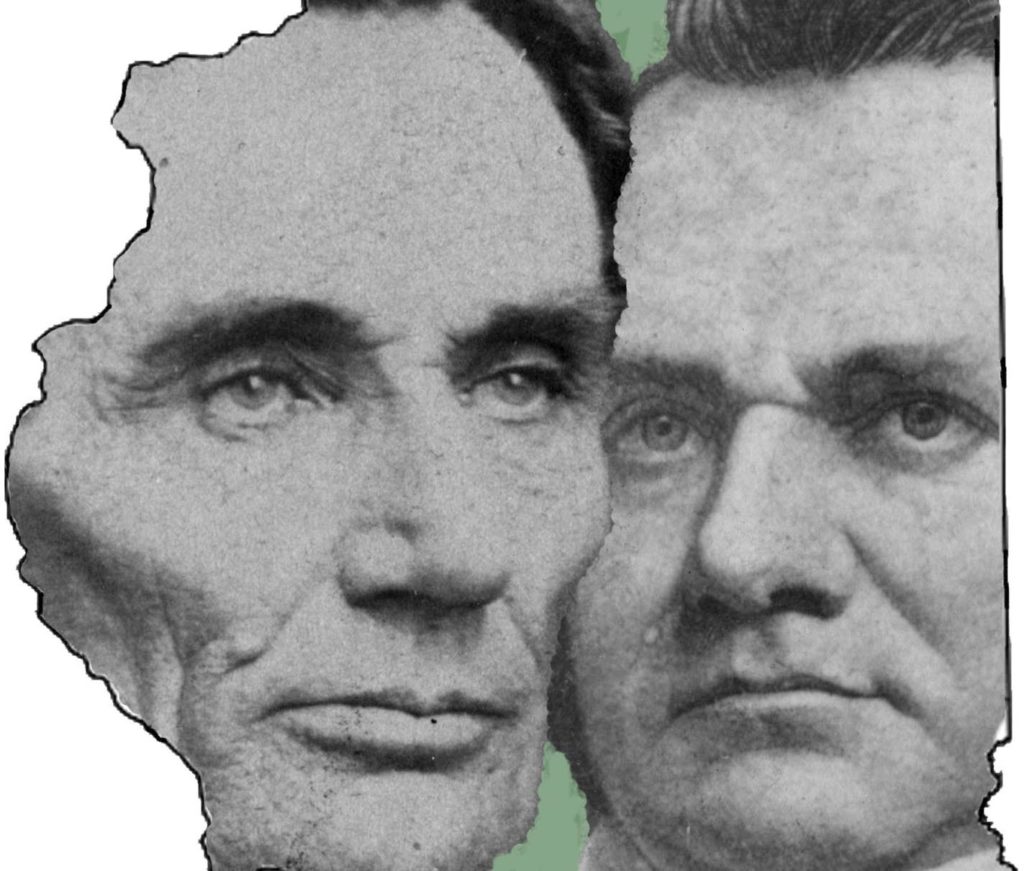
Interview with Harold Holzer on the 160th Anniversary of the Lincoln-Douglas Debates
by Harold HolzerSara Gabbard: In 1858, was there already a precedent for debates between competing candidates for political office? Harold Holzer: Not much of one, really. Certainly the 1830 Webster-Hayne debates over the tariff had long been famous nationwide, but these took place on the floor of the U. S. Senate in Washington, between two public officials, […]
Read More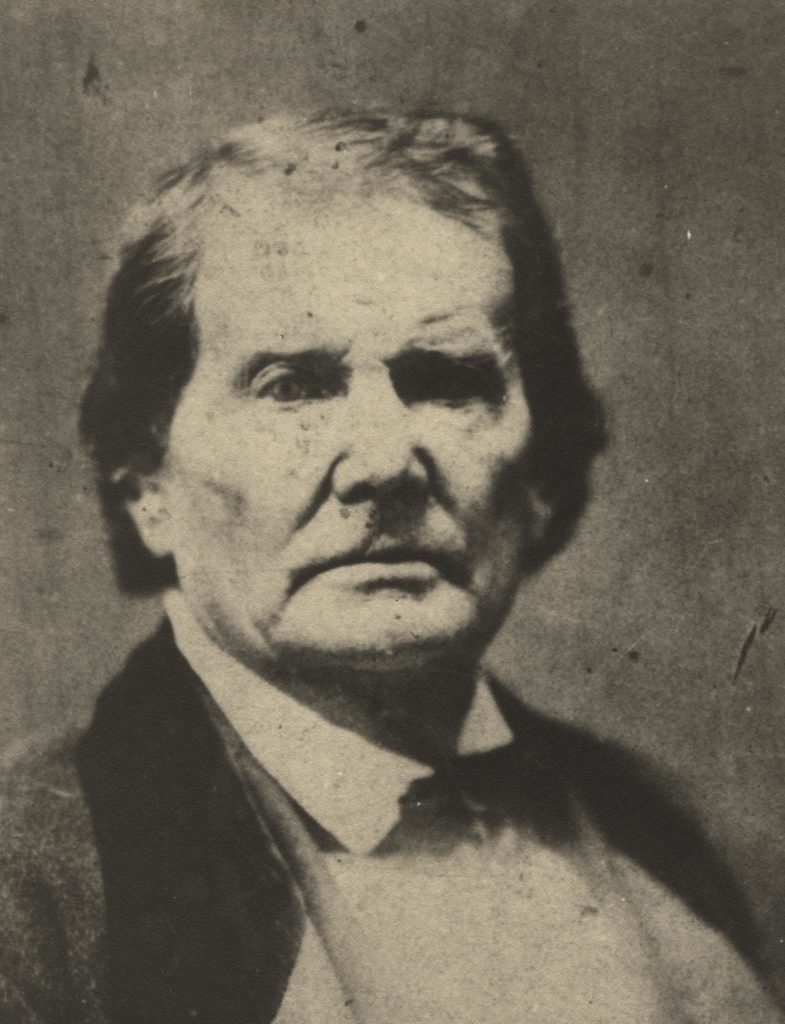
Thomas Lincoln Reconsidered
by Richard E. HartThomas Lincoln has been the subject of description and judgment since at least 1860 when a political biography of his son Abraham was written. Since then, thousands of books have been written about Abraham with most having brief descriptions of Thomas. Most published critical judgments of Thomas conclude that he was a miserable failure both as a man and as a father. It is time to take a fresh look at Thomas and reconsider those judgments and that wisdom.
Read More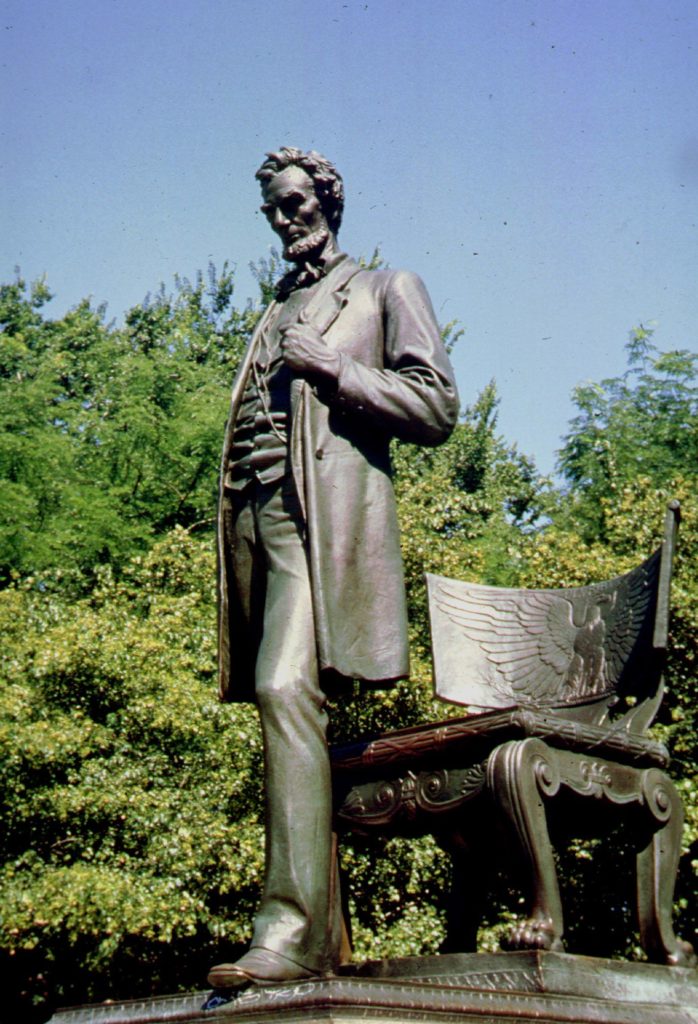
Augustus Saint-Gaudens’s Standing Lincoln: A Biographical Monument to Abraham Lincoln and its Legacy
by Savannah RoseIn a one-hundred-year-old barn in Cornish, New Hampshire, Augustus Saint-Gaudens reshaped the memory of Abraham Lincoln in sculpture as he spent months turning blocks of clay into the 16th President of the United States. With his 1887 sculpture, Abraham Lincoln: The Man, commonly known simply as Standing Lincoln, Saint-Gaudens redirected the legacy of Abraham Lincoln in sculpture away from a romanticized Lincoln to a simplistic and naturalistic statesman, preparing to speak before an audience as he so often did.
Read More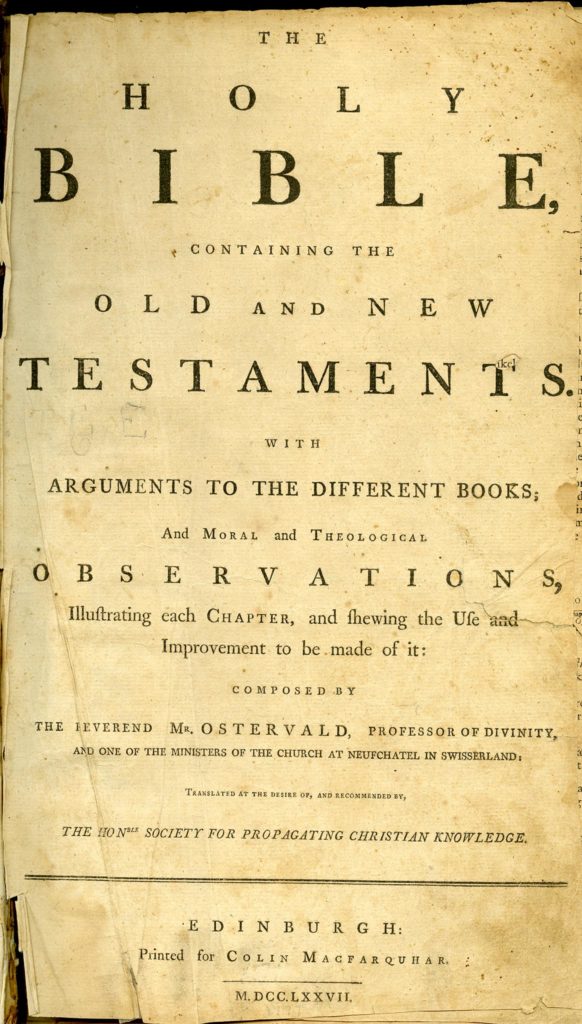
God and Mr. Lincoln
by Allen C. GuelzoOn the day in April 1837 that Abraham Lincoln rode into Springfield, Illinois, to set himself up professionally as a lawyer, the American republic was awash in religion. Lincoln, however, was neither swimming nor even bobbing in its current.
Read More